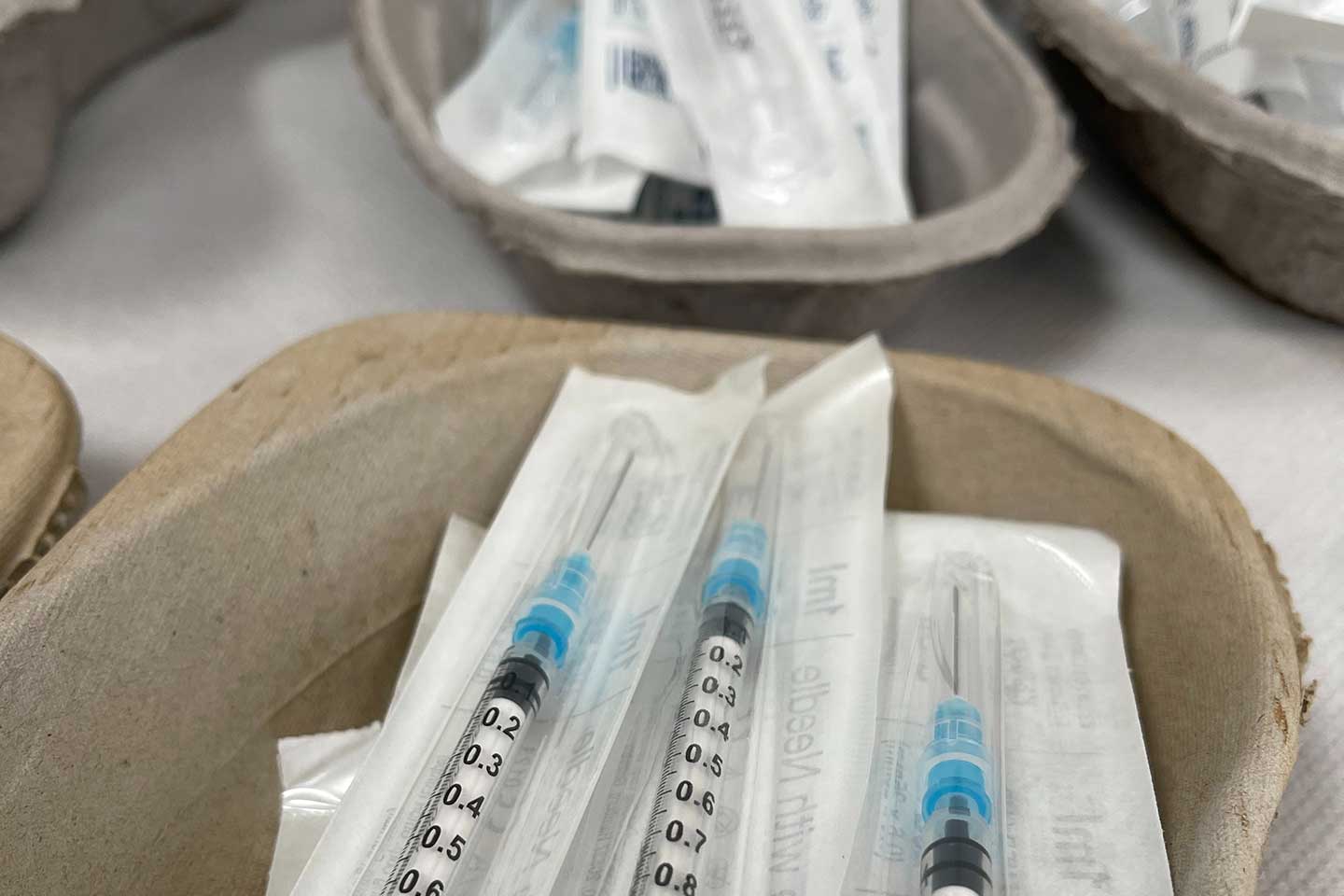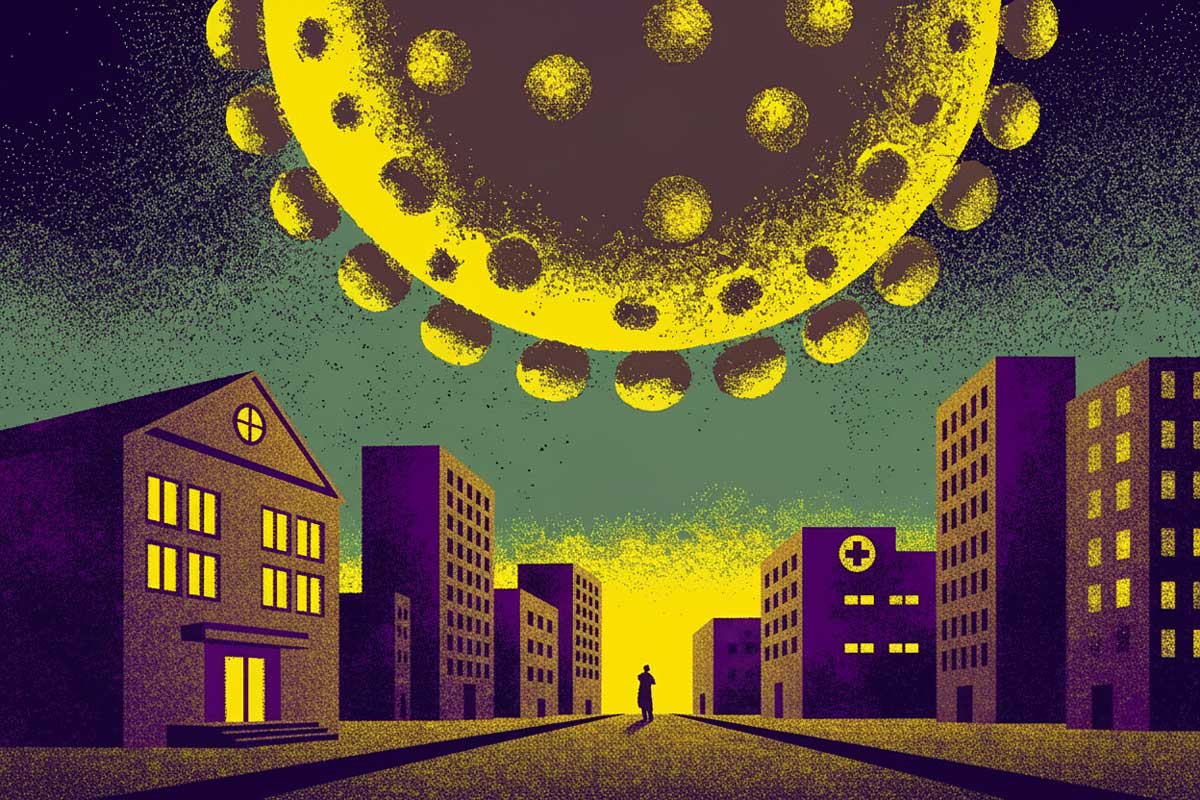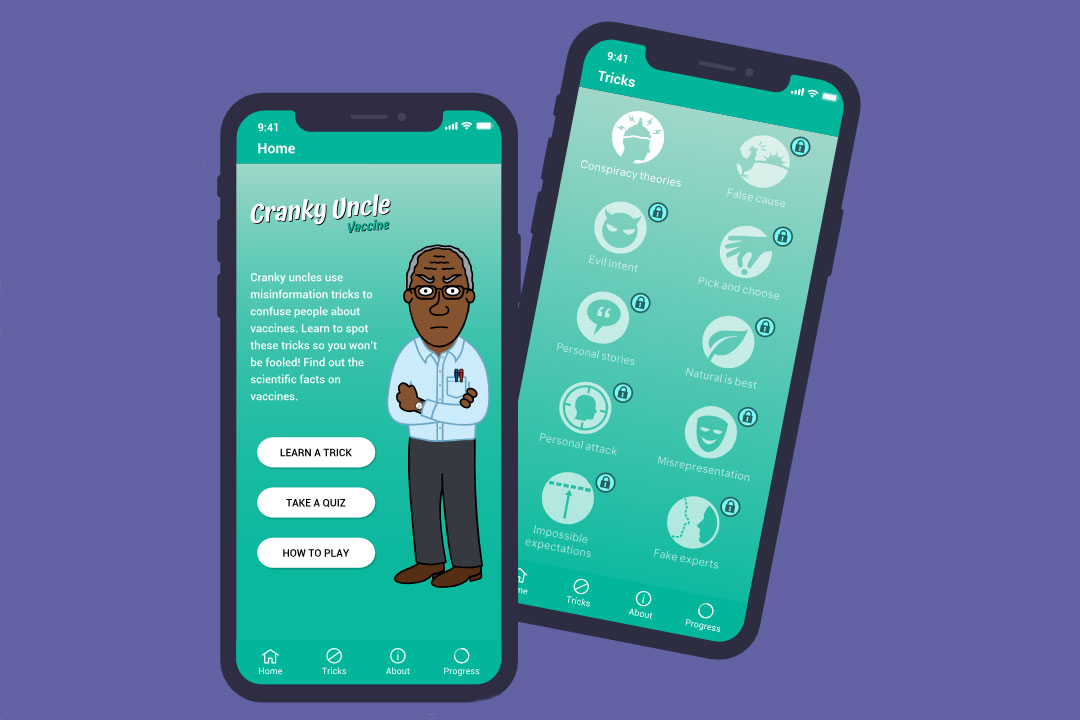The US adds it support to patent waivers for COVID-19 vaccines
As countries worldwide are suffering from COVID-19 vaccine shortages, sharing intellectual property and know-how, and easing trade bans on the export of raw materials, could ease supply bottlenecks.
- 7 May 2021
- 4 min read
- by Priya Joi

The United States has announced its support of a patent waiver for COVID-19 vaccines, a decision made during a recent two-day World Trade Organization (WTO) meeting. The US announcement, which has been widely welcomed, comes as part of a growing call for a waiver, first triggered last October by countries like India and South Africa, as part of a bid to widen access to COVID-19 vaccines and address supply constraints.
The number of doses of COVID-19 vaccines required to beat this pandemic far exceeds the total global annual supply of vaccines produced for all vaccine-preventable diseases.
The rationale is that by forcing manufacturers to share their intellectual property (IP) for vaccines with other manufacturers they can also start to produce them, thereby increasing supply. However, intellectual property is only one part of the puzzle in achieving this.
Vaccine development is a complex process that can involve hundreds, or even thousands of discrete processes and steps, each requiring significant amounts of know-how to perfect. So having the ability to use the patent without the knowledge required to use it, is a bit like trying to pilot a plane without having had any flying lessons.
One example of why sharing IP alone won't help is Moderna, which last October announced that it would not be enforcing patents on its COVID-19 vaccines during the pandemic. Despite this, it has had no impact in terms of boosting global supply.
This is why Gavi and other organisations are calling on the United States and other governments to support the call for manufacturers to share not only IP but also know-how with other manufacturers in a bid to urgently boost global production. Indeed, this kind of technology transfer is one of the reasons that COVID-19 vaccines have been made available so quickly and in such volumes. Technology transfers work, but we need more of them.
One of the challenges here is the lack of sufficient manufacturing capacity. The number of doses of COVID-19 vaccines required to beat this pandemic far exceeds the total global annual supply of vaccines produced for all vaccine-preventable diseases. Even though many manufacturers have scaled up their facilities, it has not been enough to make the billions of doses needed quickly enough. Therefore, there is also a need to increase global manufacturing capacity, particularly in emerging economies.
Have you read?
To stop a virus like COVID-19 from spreading unchecked, people in all corners of the world that are most at risk – such as frontline health and social care workers and vulnerable people – need to be vaccinated as soon as possible. Given that we still don’t know how long current vaccines protect people for, if vaccination programmes are too slow, there is a risk that by the time the final tranches of the population are reached, those priority groups may need booster shots, before others have even received their first.
Another major bottleneck in vaccine supply is the inability of countries to source raw materials needed to make vaccines, due to export restrictions or bans. At a time when the world is trying to resume trade and commerce, to reboot the global economy, such restrictions run counter to the spirit of global solidarity in ending the acute phase of the pandemic, both in terms of spirit and outcome.
The crisis in India is now a prime example of the consequences of vaccine shortages, and the urgency with which they must be addressed. While the decision on whether to waive patents now rests with the WTO and its consensus-based decision-making processes, the world can make an immediate impact on protecting the most vulnerable by ensuring wealthy countries share their surpluses doses.
More from Priya Joi
Recommended for you








